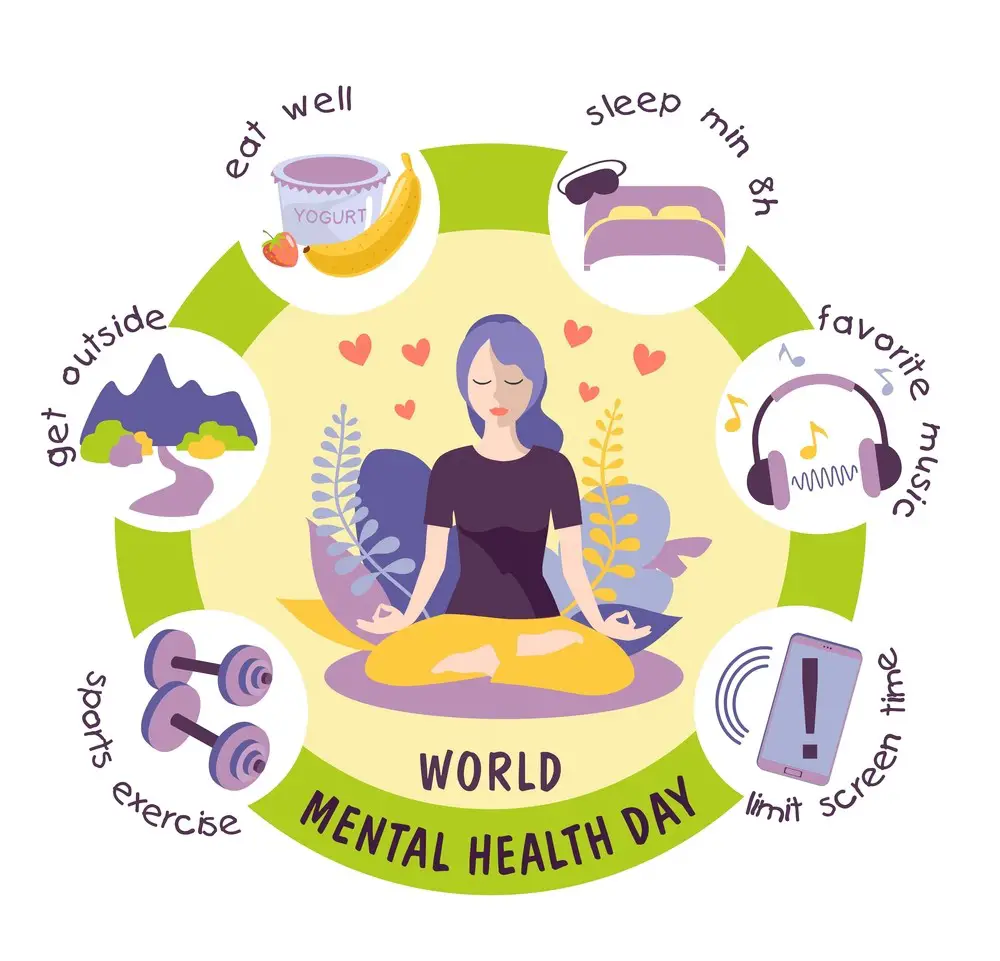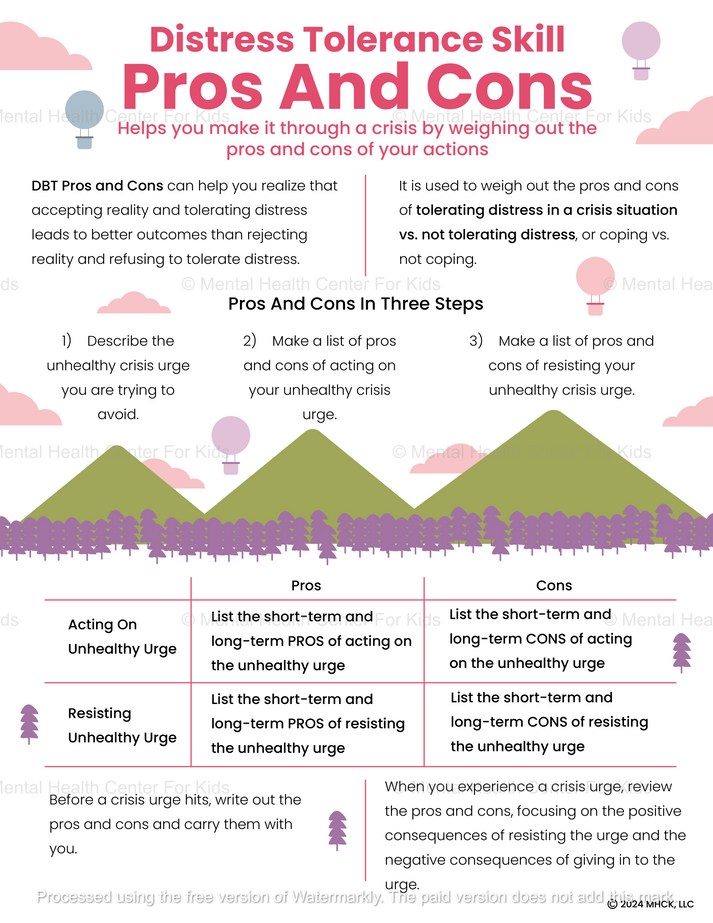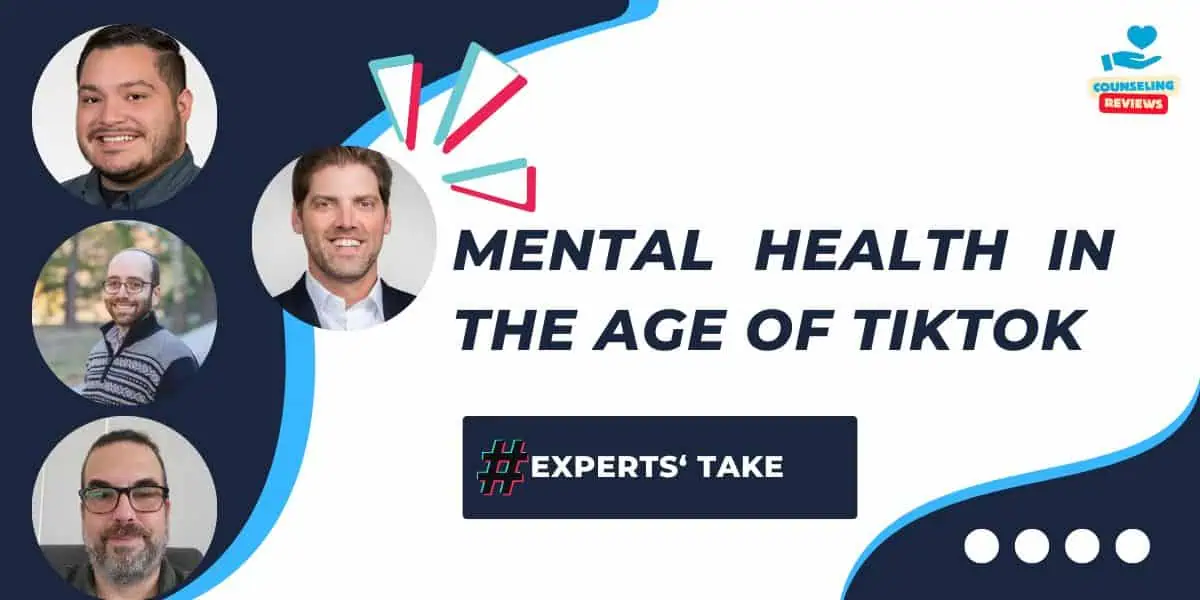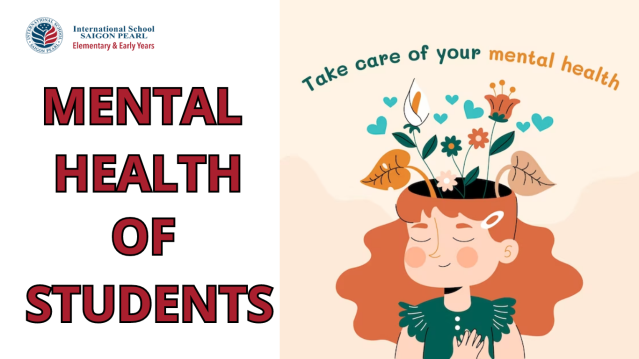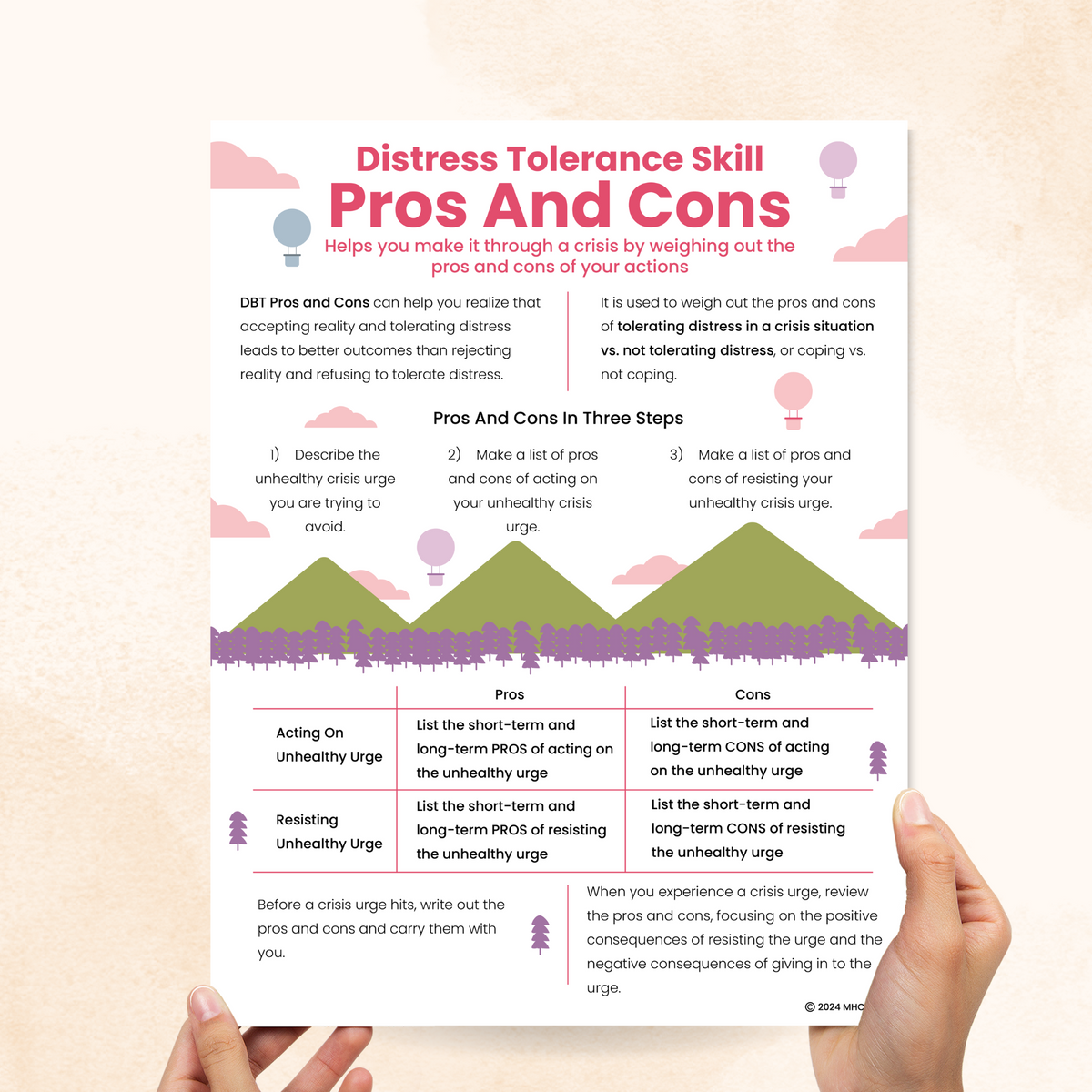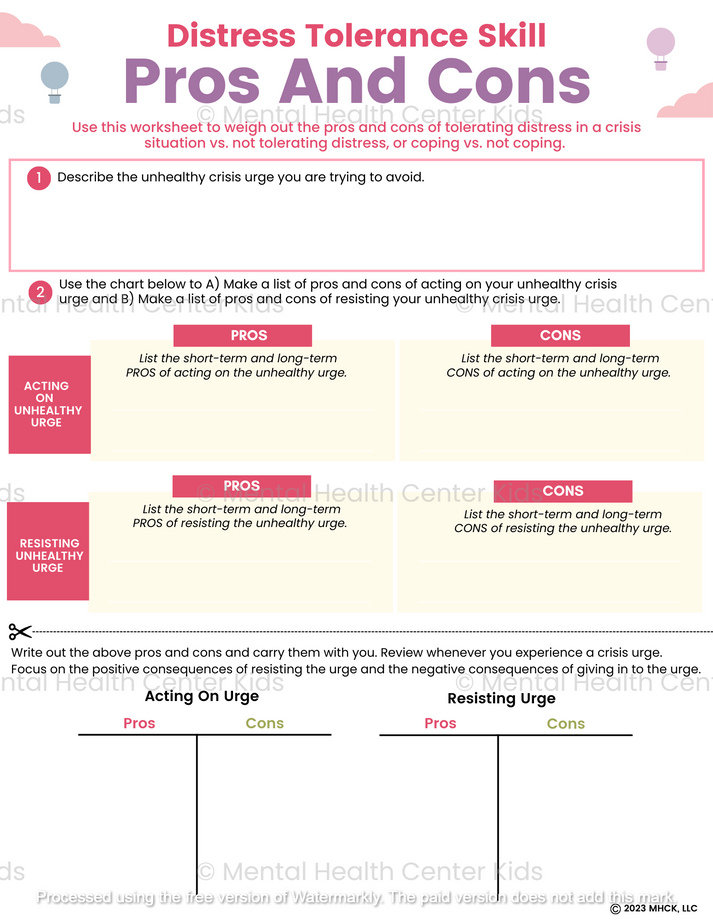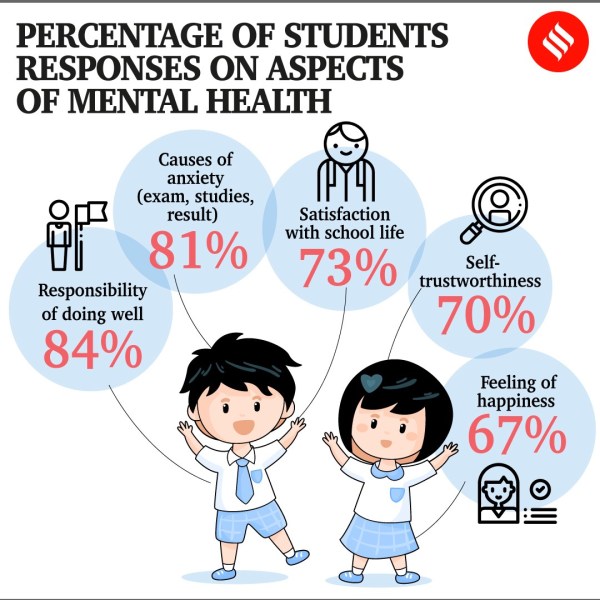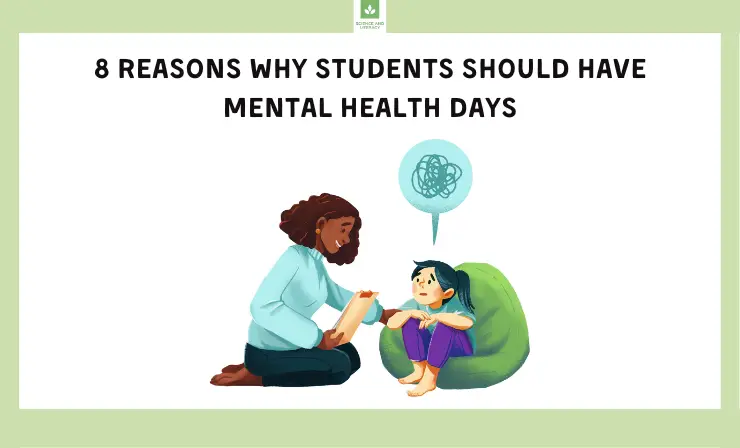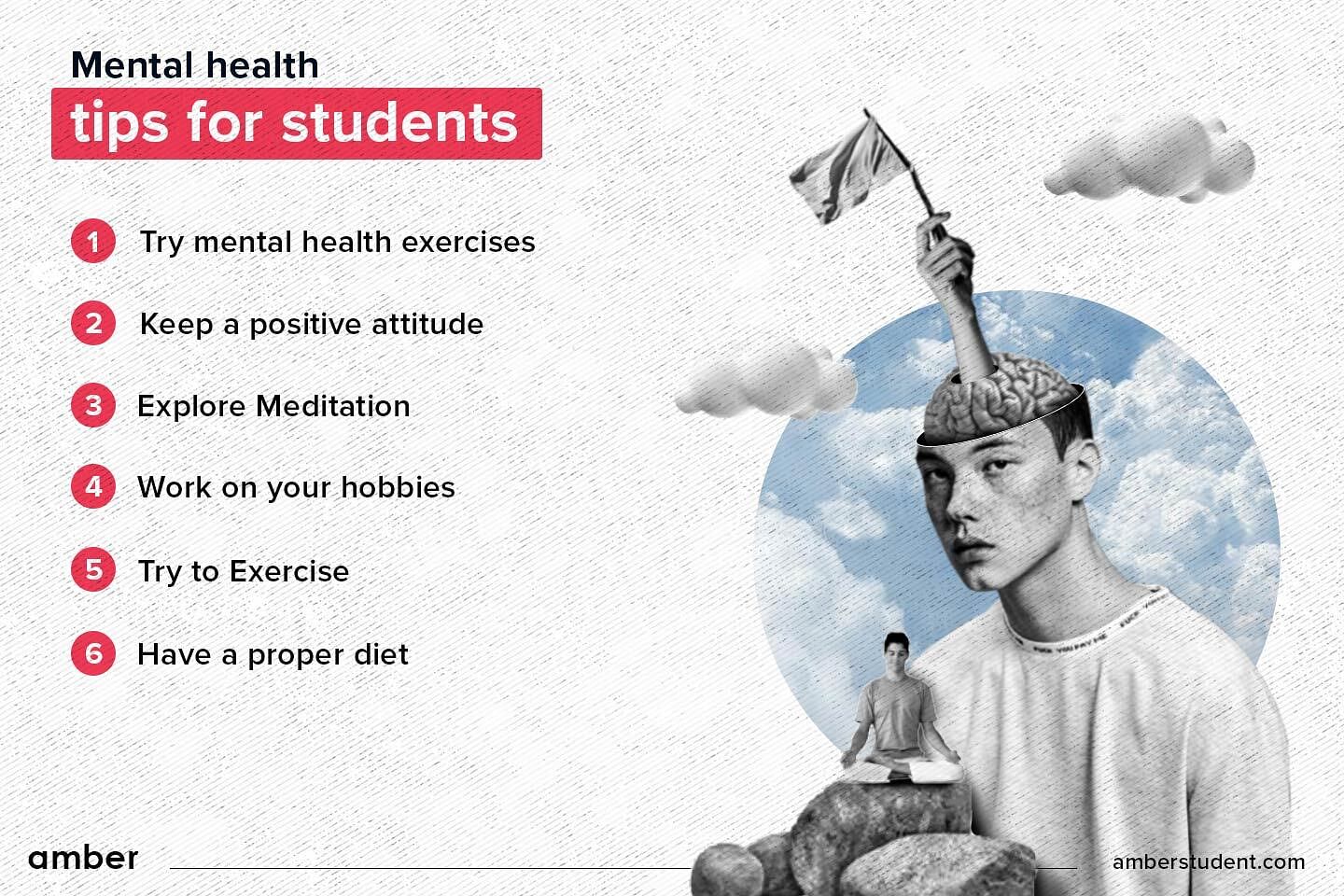Pros And Cons Of Mental Health Days For Students
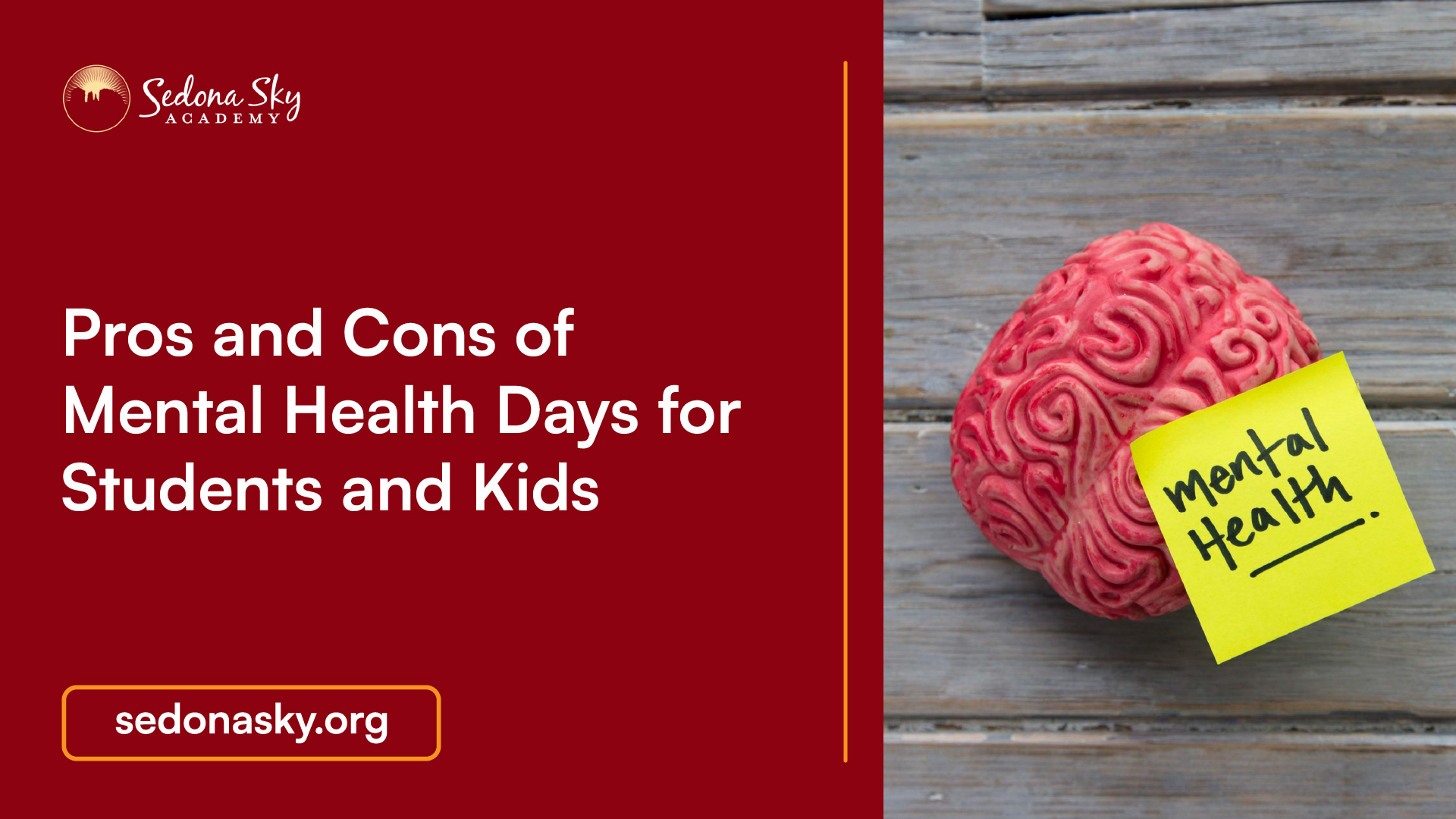
The fluorescent lights of Northwood High hummed, casting a sterile glow on the rows of empty desks. Outside, the vibrant hues of autumn painted the trees in fiery oranges and reds, a stark contrast to the muted anxieties swirling within the school’s walls. Sarah, a bright and usually bubbly junior, lay in bed, a mountain of textbooks gathering dust on her desk. This wasn't a case of playing hooky; this was a mental health day.
The increasing prevalence of mental health days for students is sparking a nationwide conversation. Are these days a necessary tool for proactive self-care, offering respite and preventing burnout? Or do they risk enabling avoidance and potentially hindering academic progress? The answer, as with most complex issues, lies somewhere in the nuanced middle, demanding careful consideration of the benefits and drawbacks.
The Rise of Mental Health Awareness in Schools
The conversation surrounding mental health has undergone a significant transformation in recent years, particularly among younger generations. Fueled by social media, open discussions, and increased awareness campaigns, students are becoming more attuned to their emotional well-being.
Schools are gradually adapting to this shift, recognizing that academic success is intrinsically linked to mental and emotional health. Many are implementing programs, hiring counselors, and, most recently, considering or enacting policies that allow students to take mental health days without penalty.
The trend is supported by data highlighting the rising rates of anxiety and depression among adolescents. According to the National Institute of Mental Health (NIMH), nearly one in three adolescents aged 13-18 will experience an anxiety disorder. This makes it imperative for schools to proactively address mental health challenges.
The "Pro" Side: Benefits of Mental Health Days
One of the strongest arguments in favor of mental health days is their potential for preventative care. By allowing students to take a day to de-stress, recharge, and address their emotional needs, schools can potentially prevent more serious mental health crises down the line.
These days can offer a crucial opportunity for students to practice self-care strategies. This might involve spending time in nature, engaging in hobbies, connecting with loved ones, or simply getting some much-needed rest. These strategies are essential for building resilience and coping mechanisms.
Furthermore, mental health days can help reduce the stigma surrounding mental health. By normalizing the need for mental health breaks, schools can create a more supportive and understanding environment. This encourages students to seek help when they need it, without feeling ashamed or embarrassed.
For example, imagine a student grappling with anxiety related to an upcoming exam. A mental health day allows them to step back, practice relaxation techniques, and develop a plan to manage their stress, rather than succumbing to panic and potentially performing poorly on the exam.
Reduced Burnout and Improved Academic Performance
Chronic stress and burnout can significantly impact academic performance. By taking a mental health day, students can alleviate the pressure and return to their studies feeling refreshed and more focused.
A rested and mentally sound student is more likely to engage in class, retain information, and perform well on assignments. This proactive approach can ultimately lead to improved academic outcomes in the long run.
The "Con" Side: Potential Drawbacks and Challenges
While the benefits of mental health days are undeniable, there are also potential drawbacks that need to be considered. One concern is the potential for abuse. Some students might use mental health days as an excuse to avoid responsibilities, rather than addressing genuine emotional needs.
This is especially true if the policy is poorly implemented or lacks clear guidelines. Clear parameters are vital to ensure that these days are used responsibly and for their intended purpose.
Another concern is the potential for academic disruption. Missing even a single day of school can put students behind, especially in demanding subjects. Catching up on missed material can add to their stress, potentially negating the benefits of the mental health day.
The Importance of Support and Resources
Mental health days should not be seen as a replacement for professional help. Students struggling with persistent or severe mental health issues need access to qualified counselors, therapists, or psychiatrists.
Schools must invest in comprehensive mental health resources to support students beyond simply offering days off. This includes providing access to counseling services, implementing mental health education programs, and training staff to recognize and respond to students in distress.
Without adequate support and resources, mental health days can become a temporary fix, masking underlying issues that require professional intervention. The aim should always be to empower the student, not simply grant a "get out of jail free" card.
Finding the Right Balance: Best Practices for Implementation
The key to successfully implementing mental health days lies in finding the right balance. Schools must develop clear policies that outline the criteria for taking a mental health day, the process for notifying the school, and the expectations for making up missed work.
These policies should also emphasize the importance of seeking professional help when needed and provide information about available resources. Collaboration between students, parents, educators, and mental health professionals is essential.
Furthermore, schools should promote a culture of open communication and understanding. Encourage students to talk about their feelings and seek help when they need it. This creates a more supportive and accepting environment for everyone.
For example, some schools require students to check in with a counselor or designated staff member after taking a mental health day to ensure they are accessing appropriate support. Others limit the number of mental health days a student can take per semester to prevent abuse.
Looking Ahead: The Future of Mental Health in Education
The conversation surrounding mental health in education is constantly evolving. As awareness continues to grow, schools are likely to adopt more proactive and comprehensive approaches to supporting students' emotional well-being.
Mental health days are just one piece of the puzzle. The bigger picture involves creating a school environment that prioritizes mental health, reduces stigma, and equips students with the tools they need to thrive. This includes teaching mindfulness, stress management, and healthy coping strategies.
Ultimately, the goal is to empower students to take ownership of their mental health and seek help when they need it. The implementation of mental health day policies is a step in the right direction. Policies must be created carefully, consider the potential for abuse, and be a starting point for building resilience.
Back in her room, Sarah finally picked up the phone and scheduled an appointment with the school counselor. She knew that a mental health day was just a temporary reprieve, but it gave her the space and clarity to take the first step towards addressing her underlying anxiety. And, for now, that was enough.
